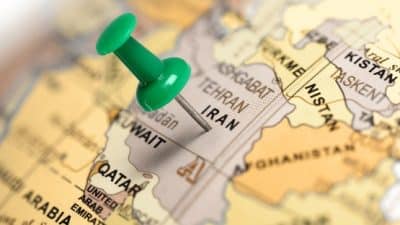
Centrifugal Forces: Reading Russia’s Regional Identities and Initiatives is a three day event that opens March 26th and is free and open to the public.
The goal of the conference is to probe Russian action and self-articulation beyond the capital and to help the academic community and the American public form a three-dimensional view of contemporary Russia and its human wealth. The conference presentations will move the focus away from traditional, center-oriented perceptions of Russia to areas that have shown interesting initiative in the post-Soviet era.
“Understanding identity in the far reaches of Russia beyond its capital Moscow advances our understanding of Russia as a whole,” said U.Va.’s Brown-Forman Professor of Slavic Languages and Literatures Edith Clowes. “Although the recent murder of opposition leader Boris Nemtsov, the ongoing ‘frozen conflict’ in Eastern Ukraine and the 2012 trial of the feminist punk group Pussy Riot have thrust Moscow into the headlines, the rest of Russia often seems mute. That is, until unrest suddenly erupts.
“This conference moves beyond the headlines to offer a complex treatment of self-definition and public initiative of the Russian citizenry as they claim some measure of cultural and economic autonomy, negotiating between the two poles of state ‘patriotism’ and separatist sentiment,” she said.
A range of humanists and social scientists—anthropologists, sociologists, historians, politics, literature, and cultural critics, economists, and geographers—will bring to light cultural, economic, and political initiatives. Among the anticipated highlights are keynote speeches by leading experts in Russia’s regions. Dr. Susan Smith-Peter of CUNY and prize-winning author, Dr. Catherine Evtuhov of Georgetown University will provide a conceptual framework for regional studies as a whole. Dr. Anne Lounsbery of New York University will speak on the perceived “symbolic geography” of Russia’s provinces. Dr. Alan Holiman of William Jewell College will examine citizens’ grassroots legal initiatives. Conference panels will address topics range from recapturing regional “usable histories” to dealing with environmental concerns, organizing social action, and economic and cultural “branding.”
The conference was organized by a team of Russian cultural historians and critics from around the world. Clowes is author of a recent study of Russia after the loss of its Soviet empire, Russia on the Edge: Imagined Geographies and Post-Soviet Identity. Ani Kokobobo, assistant professor of Russian literature at the University of Kansas, is an expert in Russian literature with a special interest in cultures of violence. Gisela Erbsloeh is a prize-winning radio feature journalist with Deutschlandfunk specializing in contemporary East European and Eurasian societies and cultures. She has visited and written extensively about Chechnya in recent years. Speakers come from across the globe, some from as far as Siberia and Dagestan.
Most talks will be live-streamed and questions will be accepted at the conference’s Twitter address, @RussiasRegions. The conference takes place in the South Meeting Room of Newcomb Hall. Attendees can register here.










